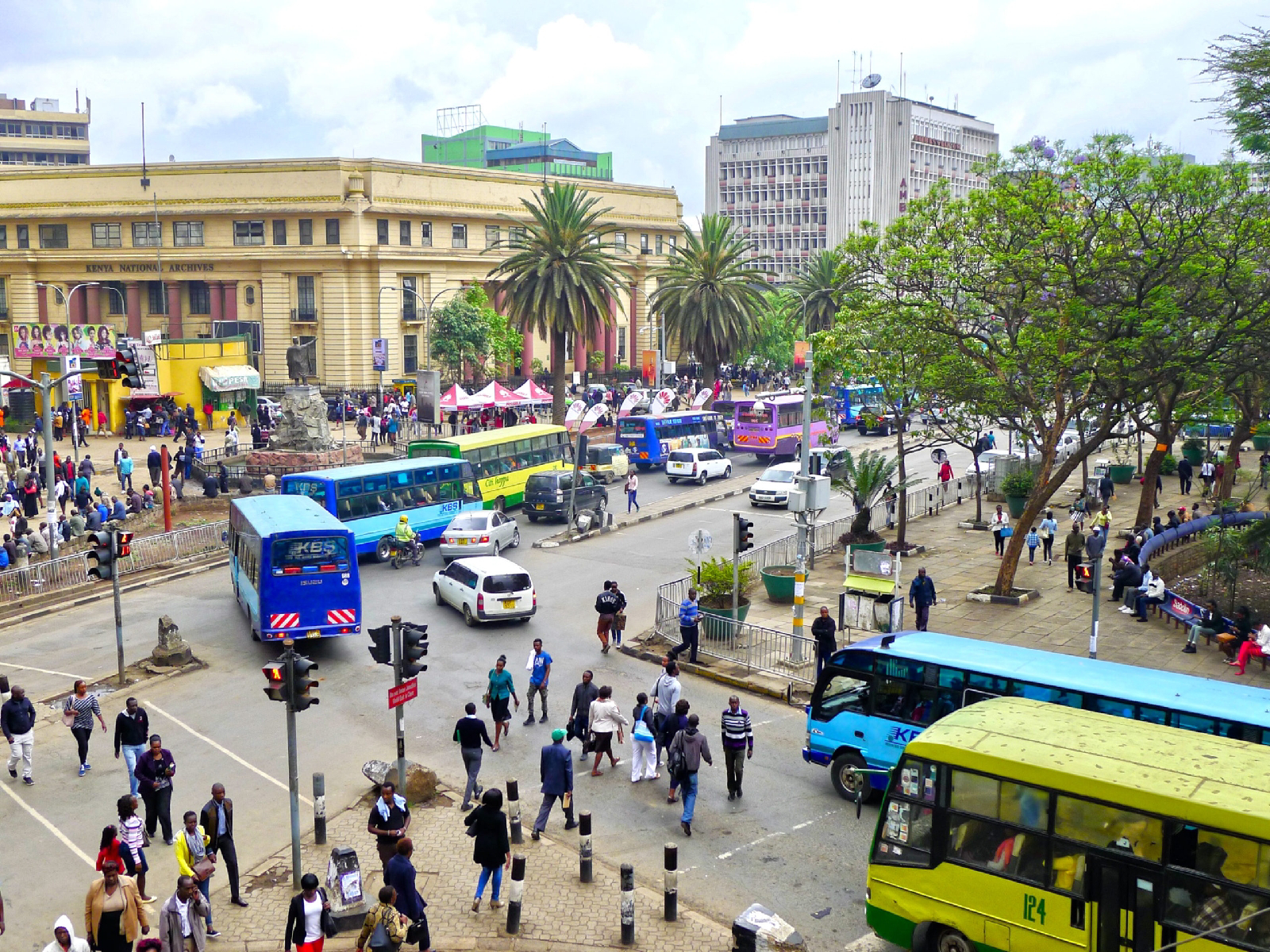Greenpeace Africa Calls on Government to Set Bold Refill and Reuse Targets as Festival Showcases Alternatives to Single-Use Plastics
Nairobi, Kenya — Greenpeace Africa has urged the Kenyan government to adopt ambitious national targets for refill and reuse systems as part of a broader shift away from damaging single-use plastics, saying such measures would protect the environment while opening up new economic opportunities.
Speaking during the launch of the inaugural Refill and Reuse Festival at the National Museums of Kenya, Hellen Kahaso Dena, Project Lead for the Pan African Plastics Project at Greenpeace Africa, said Kenya must invest in infrastructure that supports large-scale adoption of refill and reuse models.
“Refill and reuse systems are not new to Africa. They are rooted in our culture and have existed since time immemorial,” Dena said. “What is new is the invasion of single-use plastics pushed by corporations prioritising profit over people and planet. Governments must invest in refill infrastructure and set clear targets that make reuse the norm, not the exception.”
Dena warned that the cost of maintaining a throwaway culture is becoming increasingly unsustainable for governments and taxpayers. “Countries spend billions of dollars to clean up drainage systems, build incinerators, clean rivers, and cover health expenses linked to plastic pollution,” she added.
The two-day Refill and Reuse Festival brings together local communities, civil society groups, policymakers, manufacturers, innovators and families to explore practical alternatives to single-use plastics. The event features hands-on refill stations, zero-waste exhibitions, children’s upcycling art activities, and discussions on the policy and economic dimensions of sustainable packaging systems. Day Two will include live music, poetry, storytelling circles, and an interactive refill challenge with prizes.
Gerance Mutwol, a Plastics Campaigner at Greenpeace Africa, criticised recycling as an insufficient approach that allows corporations to continue producing plastic at scale.
“Recycling is a distraction that allows corporations to keep producing more plastic while shifting responsibility to consumers and governments,” Mutwol said. “Plastics persist in the environment throughout their lifecycle, leaching harmful chemicals into our soil, water, and bodies.”
He added that refill and reuse models offer a more effective and economically viable alternative. “Refill and reuse systems prevent plastic pollution at the source. They conserve resources, create jobs, and protect public health. This is an environmental imperative and an economic opportunity that governments can no longer ignore.”
Organisers say the festival, themed “Experience, Refill, Reuse: A Sustainable Lifestyle for All,” aims to make sustainability accessible and engaging while demonstrating that solutions to plastic pollution are practical, affordable, and aligned with African values of community, creativity, and resourcefulness.
Admission to the festival is free on both days.




Comments
Post a Comment